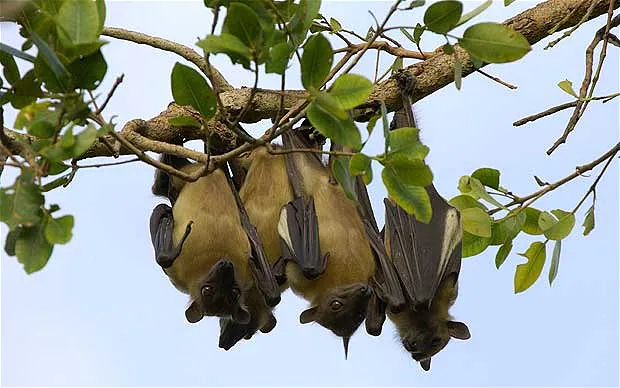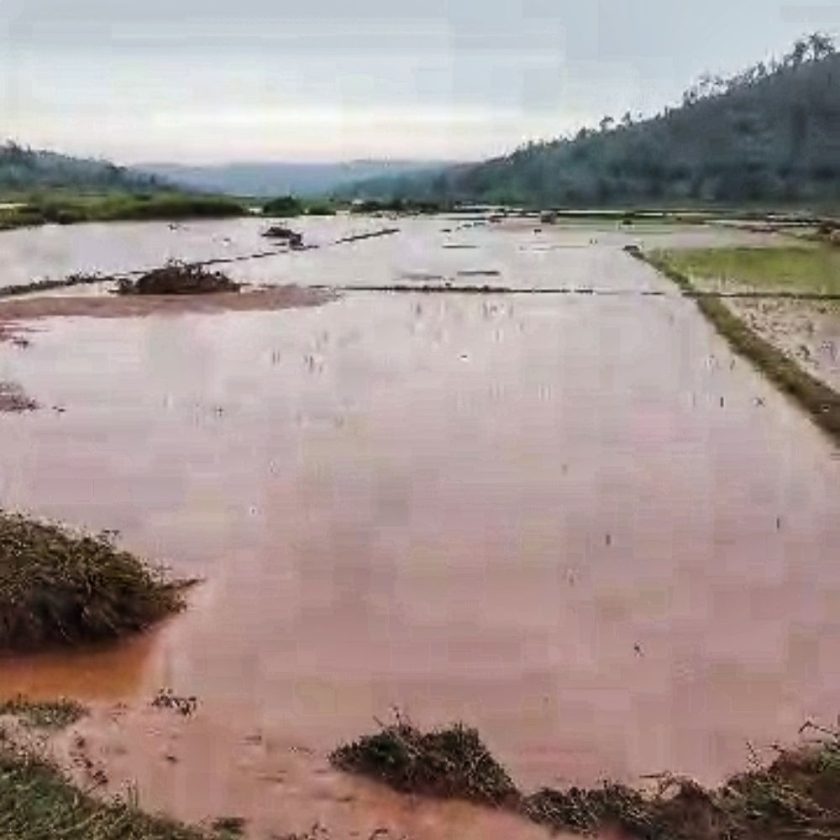Rwanda’s lush forests, once celebrated as critical ecological and economic resources, are under increasing threat due to deforestation and forest degradation. These forests are not just environmental havens; they are lifelines for countless Rwandans who depend on them for fuel, food, water, and income.
As forests shrink, the ripple effects on people’s livelihoods are devastating, threatening food security, economic stability, and environmental sustainability.
The Scale of Forest Degradation
According to the Rwanda Forestry Authority (RFA), the country loses approximately 10,000 hectares of forest annually due to agricultural expansion, illegal logging, and infrastructure development. Despite government efforts to promote afforestation and sustainable forestry practices, forest degradation persists, exacerbating climate change impacts such as unpredictable rainfall and soil erosion.
Testimonies from Affected Communities
Clémentine Uwera, a charcoal seller in Nyamasheke District, shared how deforestation has hurt her business. “We used to rely on nearby forests for charcoal, but now I have to walk long distances to find trees. The price of charcoal has doubled, and many of my customers can no longer afford it,” she lamented.
Jean Bosco, a farmer in Bugesera District, explained how forest loss has led to soil erosion, reducing crop yields. “The forests acted like a shield against strong winds and rain. Without them, my land is bare, and I lose more topsoil every year,” he said.
Esperance Mukamana, a basket weaver in Musanze District, noted how the loss of bamboo forests has affected her craft. “The bamboo we use for weaving is disappearing. This tradition, which fed my family for generations, is slowly dying,” she said.
Economic and Social Consequences
For rural communities, forests provide essential non-timber forest products (NTFPs) such as fruits, honey, and medicinal plants. The degradation of these ecosystems has forced families to seek alternative income sources, often migrating to cities where unemployment is already high. Women, who are the primary gatherers of forest resources, bear the brunt of this crisis, as their livelihoods and household responsibilities are disproportionately impacted.
Government and Community Responses
The Rwandan government has implemented initiatives like the National Forest Policy and the Green Growth Strategy, focusing on reforestation and conservation. Projects such as the Gishwati-Mukura National Park restoration aim to protect biodiversity and ensure sustainable forest use. However, experts argue that more robust enforcement of forest protection laws and community driven conservation programs are needed.
The Path Forward
Addressing forest degradation requires a multi-faceted approach. Increasing awareness about the value of forests, promoting alternative livelihoods, and enforcing strict penalties for illegal activities can help mitigate the crisis. Investing in agroforestry and community-led reforestation projects can also restore degraded lands while providing economic opportunities.
Forests are not just a natural resource; they are the backbone of livelihoods for millions of Rwandans. Losing them means losing a way of life. For Rwanda to secure a sustainable future, forest conservation must become a national priority, supported by strong policies, community involvement, and global partnerships.
Efforts to conserve forests need everyone’s participation. Whether it’s planting a tree, reducing wood consumption, or advocating for better policies, your actions can make a difference. Forests are life let’s protect them.
BY NIKUZE NKUSI Diane





